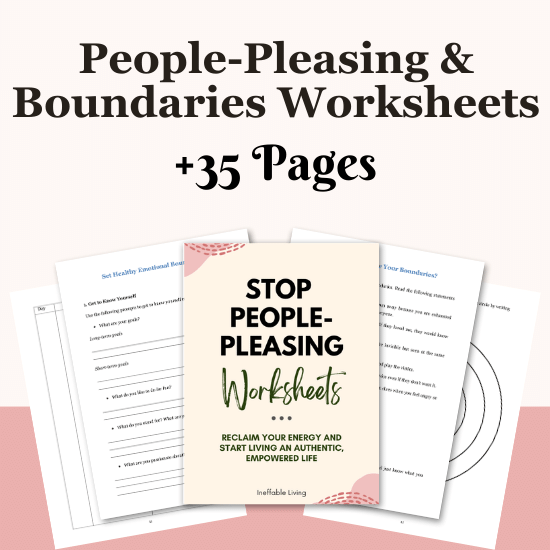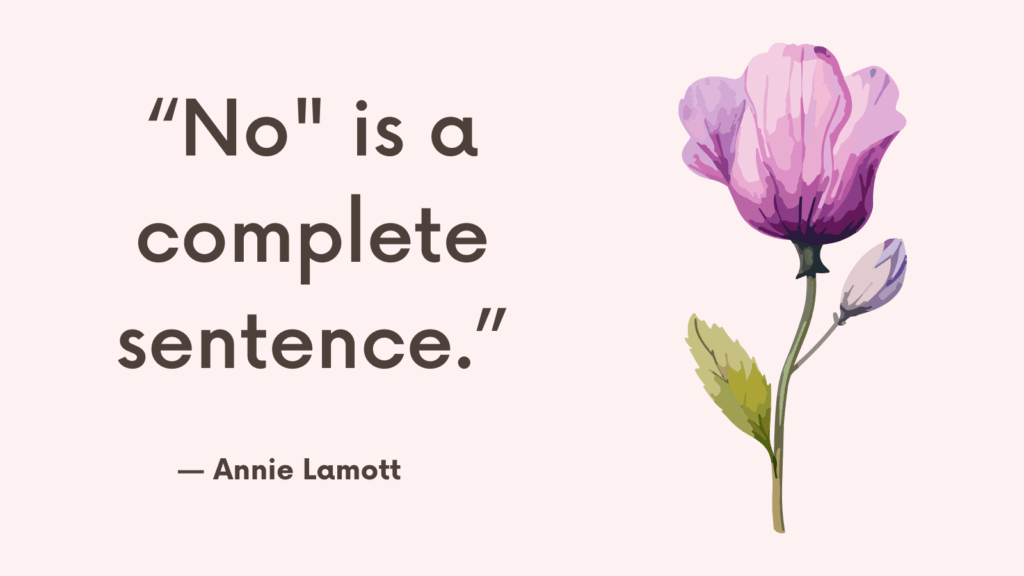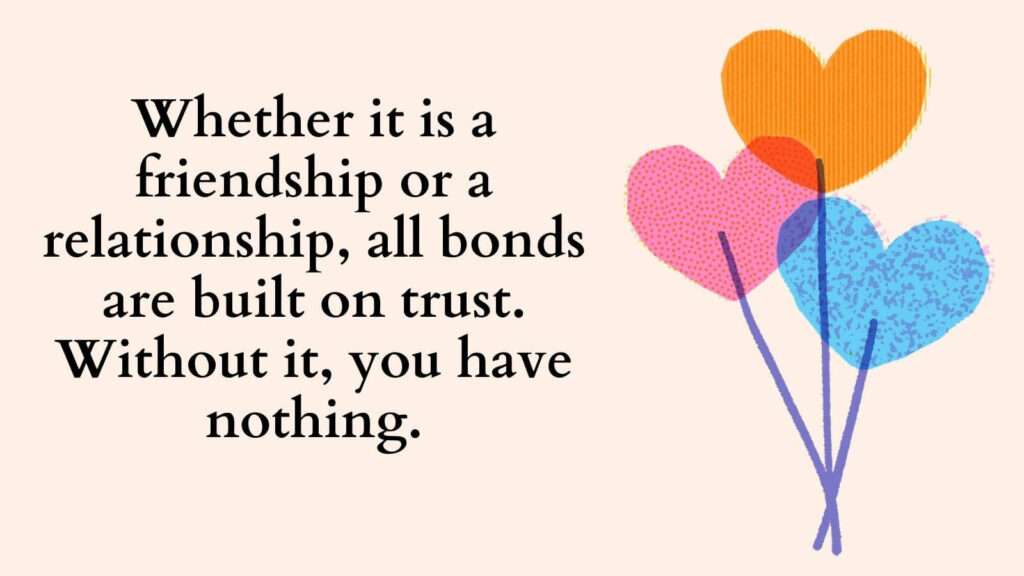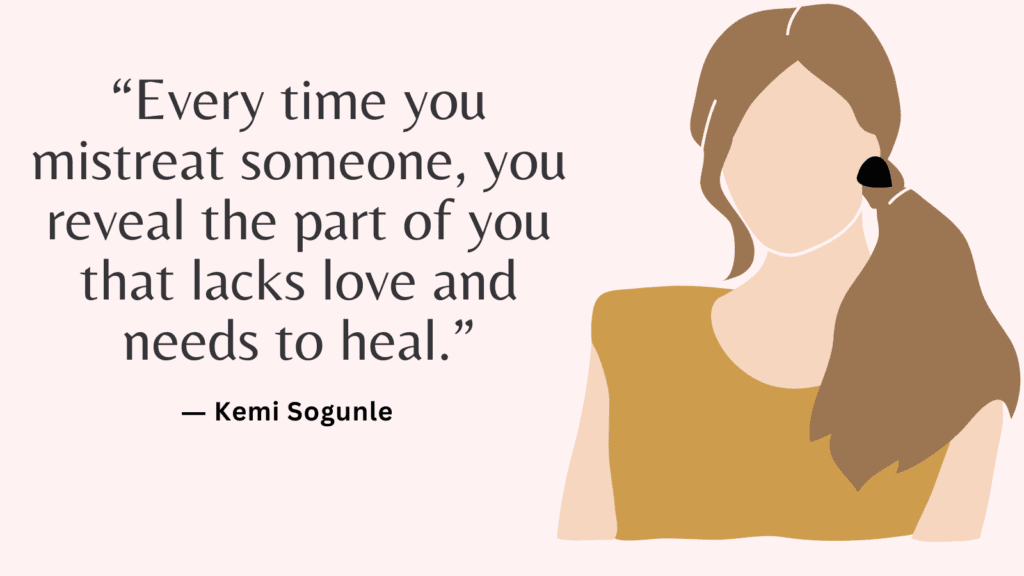Most boundary violations aren’t loud or intentional—they’re quiet, often done with good intentions or out of habit. But even subtle actions can leave others feeling disrespected, overwhelmed, or unseen. Learning to notice these moments isn’t about guilt—it’s about becoming a safer, more respectful presence in other people’s lives. Here are some common, subtle ways we might cross someone’s boundaries without realizing it.
Why Boundary Violations Aren’t Always Obvious
- They’re Wrapped in Kindness or “Helpfulness”: Some violations come in the form of unsolicited advice, over-involvement, or excessive “concern.” Because they appear caring, it’s hard to recognize them as overstepping.
- They Happen Gradually: Small compromises often go unnoticed until your needs are regularly sidelined. Subtle patterns of disrespect can accumulate without a clear moment of violation.
- They Mimic Familiar Dynamics: If you grew up in an environment where your boundaries weren’t honored, you may not notice when it’s happening again. It can feel normal, even comforting.
- They’re Dismissed as “No Big Deal”: Minimizing or joking about invasive behavior makes it easier for others to cross lines — and harder for you to validate your discomfort.
- They Exploit Your Silence or Compliance: When you don’t immediately say no, people may assume consent. But many freeze or fawn in the moment, especially if they’ve learned that speaking up isn’t safe.
- They Are Socially Reinforced: Some boundary breaches are normalized by culture, family, or community — like constant availability, emotional labor, or lack of privacy — making them hard to challenge.
Recognizing subtle boundary violations takes self-awareness and trust in your inner signals. Just because something isn’t dramatic doesn’t mean it’s not draining or damaging.
10 Subtle Ways We Violate Other People’s Boundaries
1. Pushing for Answers When Someone Says “I’m Fine”
Sometimes “I’m fine” means “I’m not ready to talk.” Pressing for more can feel intrusive, even if it comes from care. Respect their pace.
2. Offering Unsolicited Advice
Jumping in to “fix” someone’s problem—without being asked—can unintentionally override their autonomy. Try asking, “Would you like advice or just someone to listen?”
3. Texting or Calling Repeatedly Without a Response
Assuming immediate access to someone can be a boundary blind spot. Silence often means they need space, not that they’re ignoring you.
4. Teasing About Sensitive Topics
Jokes that touch on someone’s insecurities or past—even in fun—can feel like violations. If they go quiet or shift away, take it seriously.
5. Touching Without Checking In
Even well-meaning hugs or shoulder taps can feel uncomfortable if not welcomed. When in doubt, ask: “Is it okay if I give you a hug?”
6. Sharing Someone’s Story Without Permission
Retelling someone’s personal experience, even with good intentions, can breach trust. If it’s not your story, pause before sharing.
7. Assuming Someone’s Time Is Available
Dropping by unannounced, extending plans without checking, or expecting quick replies may overlook their need for rest, privacy, or solitude.
8. Making Decisions “For” Someone to Be Helpful
Taking over tasks or speaking on someone’s behalf—even out of care—can unintentionally disempower them. Ask before you act.
9. Using Guilt to Get a “Yes”
Comments like “You always help me!” or “I guess I’ll figure it out alone…” can pressure people into agreement. A true “yes” should feel free, not forced.
10. Expecting Emotional Labor Without Consent
Vent-dumping, trauma oversharing, or expecting deep support without checking in can overwhelm someone emotionally. Try: “Do you have space for this right now?”

Conclusion
Respecting boundaries isn’t just about what we say—it’s also about how we listen, how we notice, and how we slow down enough to give others room to be themselves. The more gently we honor each other’s space, the more trust, safety, and connection we create.



